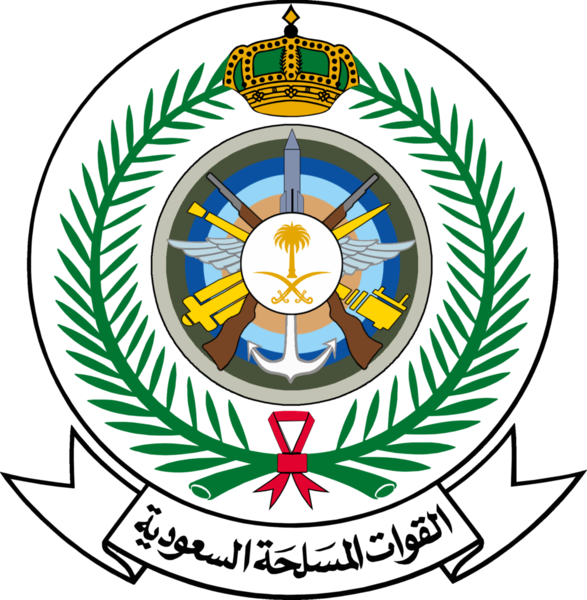Defense contractors Lockheed Martin and Boeing remain committed to supplying Saudi-led coalition forces with arms despite strong evidence of human rights abuses caused by the bombing campaign in Yemen. At the recent Arab-U.S. Policymakers Conference in Washington DC, Lockheed executive Ronald L. Perrilloux Jr. and Boeing vice president Jeffrey Kohler emphasized the importance of the U.S. strategic alliance with the Gulf States. Kohler argued that “[the U.S.] ought be encouraging that type of cooperation and facilitating and helping them with the gaps,” and that “it is the military relationship that will keep the relations and the bonds between countries very strong.” Perrilloux described the application of human rights to Saudi Arabia and its Gulf allies as a “significant irritant,” portraying Saudi Arabia as the victim of “hostile media reports” in Congress. Coalition forces currently use Lockheed Martin-manufactured F-16 jets and Boeing-made F-15 jets in their bombing campaign in Yemen.
While Lockheed Martin and Boeing stand to benefit from increased weapons sales, the people of Yemen continue to suffer. According to the UN, the war has left over 2,300 Yemeni civilians dead, 1.5 million displaced and 80% of the population in need of humanitarian assistance. Amnesty International reports that coalition airstrikes have killed more Yemeni civilians than any other cause during the war, and Human Rights Watch describes how the Saudi blockade prevents vital aid from reaching destitute Yemenis. The casual dismissal of these disturbing accounts as “hostile media reports” by Lockheed Martin and Boeing proves just how determined they are to ensure that U.S. politicians ignore Saudi human rights abuses in Yemen so that profits from arms sales continue.
U.S. support for the Saudi campaign in Yemen goes beyond the supply of fighter jets. Coalition airstrikes on Houthi positions rely heavily on intelligence sharing, targeting assistance and logistical support from the U.S. However, many of the coalition airstrikes hit areas with high densities of civilians that have little or no military value. Amnesty examined 13 separate coalition airstrikes that resulted in some 100 deaths, including 59 children. Amnesty researchers also discovered evidence of internationally-banned cluster munitions at the sites of coalition airstrikes. Some of these cluster munitions were produced and/or designed in the U.S. State Department spokesperson John Kirby stated that the use of cluster munitions by Saudi-led forces is “permissible” if “used appropriately and according with [the] end-use rules.”
By continuing to supply weapons to Saudi Arabia, the U.S. is complicit in these human rights abuses. The application of human rights to Saudi Arabia is a “significant irritant” only to Lockheed Martin and Boeing business interests. To the U.S., however, the application of human rights to Saudi Arabia would send a clear message to both the Saudi government and the Saudi people that the U.S. defends the dignity and well-being of people everywhere. The U.S. must take seriously the reports of human rights abuses inflicted by Saudi forces on Yemeni civilians, and American officials should condition the sale of weapons to Saudi Arabia and the Gulf States on the improvement of the human rights situation in Yemen, according to Article 6 of the Arms Trade Treaty.
Matt Tramonti is an advocacy intern at ADHRB. He is currently working to complete his Master’s in International Peace and Conflict Resolution at American University





